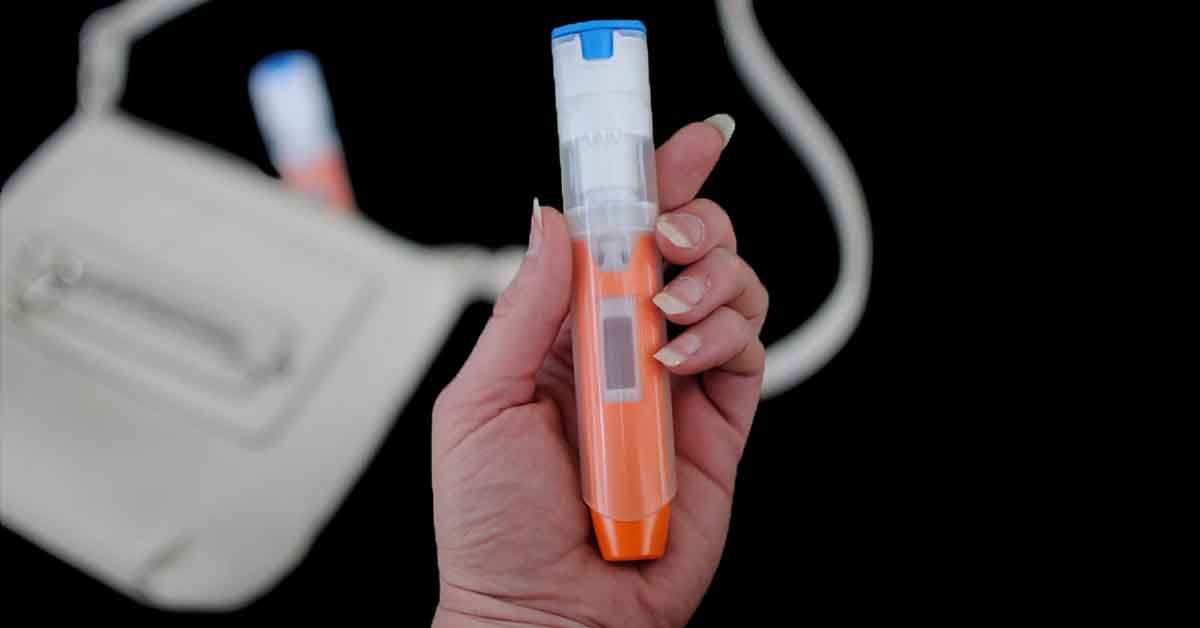Epinephrine auto-injectors are life-saving devices that must be used in case of anaphylaxis, a potentially deadly reaction to a food, drug, insect venom or environmental substance.
These devices are expensive and can cost hundreds of dollars for a two-pack. Families often need multiple packs for their children in order to leave one with the school nurse or other caregiver.
To make matters worse, the devices expire and must be replaced each year. They must also be replaced if they are exposed to extreme heat or cold, such as might happen if left in a car.
Last month, Colorado introduced legislation to help control the cost of epinephrine. Now, Vermont has followed suit with the introduction of a bill with similar goals.
H.11 would require commercial insurance plans to provide coverage for epinephrine auto-injectors without deductibles, coinsurance, co-payments, or other cost-sharing requirements.
Said Rep Lisa Hango, the sponsor of the bill:
People who have allergies to bee stings to food — it could be a number of things — you need to have them. It’s just not negotiable.
Anyone who needs an EpiPen – it doesn’t have to go towards your deductible, you don’t have to pay out of pocket for it. It’s very simple.
Sara Teachout, a spokesperson for Blue Cross Blue Shield, responded:
A large number of health plans/people are not impacted by a change in state law, particularly those with health savings accounts and self-funded employer plans because of federal pre-emption. So usually the people with the highest out-of-pocket costs are the ones that cannot benefit from a new Vermont law; many lawmakers end up frustrated when their efforts don’t help the very constituents for which they are intended.
Here follows a news report by WCAX-TV regarding the legislation:





